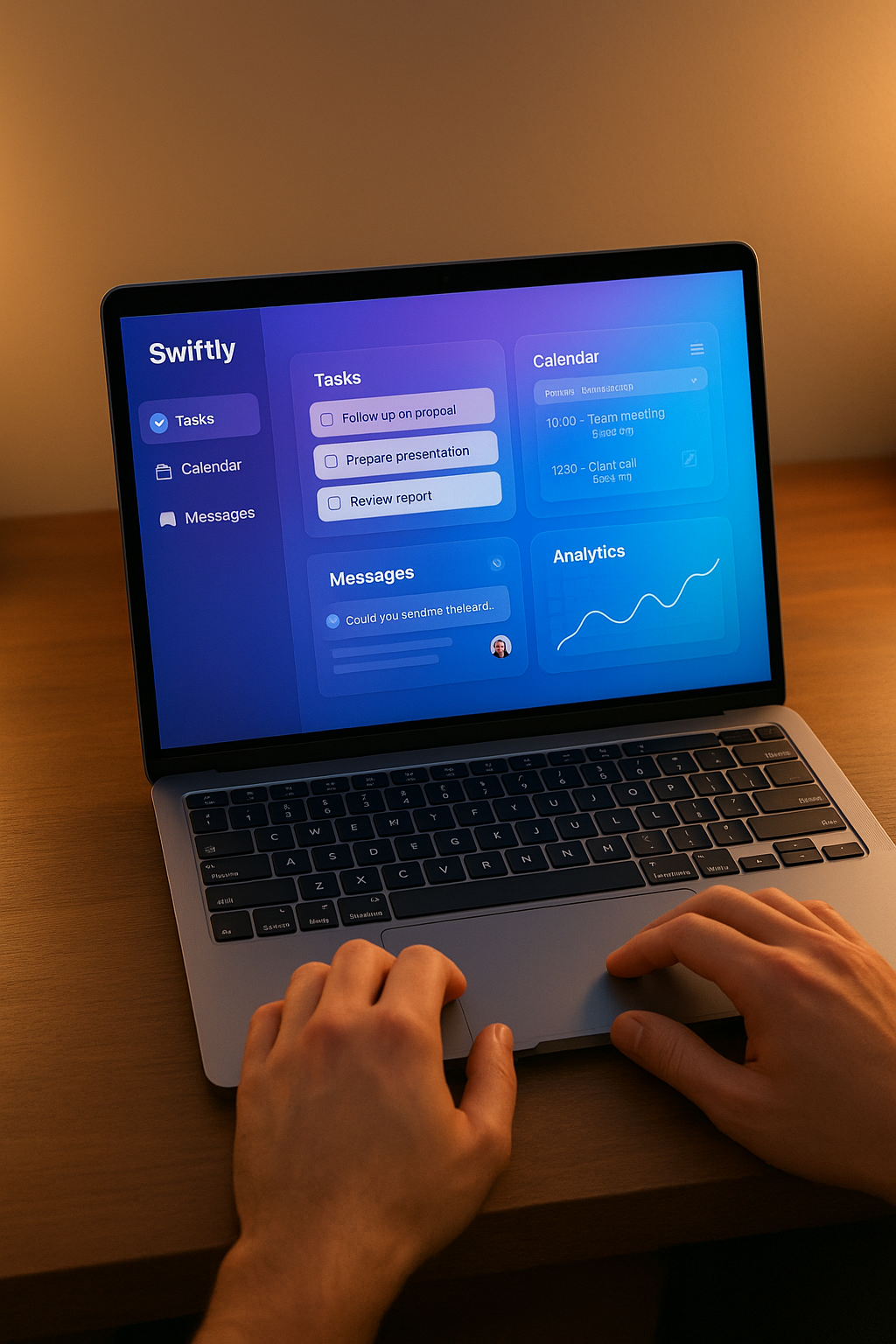From Reminder to Reality: The Case for Workflow Assistants
Productivity tools promise to help us do more. But too often, they just show us dashboards, metrics, and lists and leave us to figure out the rest.
We don’t need more reminders. We need results. That’s where workflow assistants come in.
Why Traditional Tools Fall Short
Old-school business software was built to store and display data. CRMs log leads, project tools list tasks, and dashboards show KPIs.
Helpful? Sure. But actionable? Not really.
Despite all the alerts and pings, users are still left translating insight into action. That’s time-consuming, mentally taxing, and frankly, outdated.
Enter Workflow Assistants
Imagine this:
Your CRM notices a cold lead and suggests a follow-up.
Before a meeting, you receive a smart brief with recent updates.
A stalled deal triggers a timely nudge to re-engage.
This is what AI-powered workflow assistants do. They don’t just track. They act.
They’re the executive assistant layer your stack has been missing. Tapping into your email, calendar, CRM, and task tools, they work behind the scenes to keep momentum alive.
Less managing. More moving.
From Concept to Code: Building Swiftly as an All-in-One System
At Swiftly, we’re not just rethinking dashboards—we’re replacing them with intelligent, built-in workflows.
We're designing Swiftly to function as an all-in-one workspace where everything happens in one place.
Our goal is simple:
Help users stay ahead on follow-ups, meetings, and priorities without switching tools. It’s about providing proactive support directly within Swiftly, making work smoother and more focused."
What We’ve Learned Designing for Action
This shift has reshaped how we build. We focus less on how things look and more on what they help you do. By keeping everything under one roof, we cut down on complexity and decision fatigue.
How can we take the next step for the user or make it effortless for them to do so?
That’s the question guiding everything we create.
Why This Matters?
Information overload is real. Time is short. Teams don’t just need to see what’s happening. They need help making it happen.
This is more than a tech trend. It’s a competitive advantage. The future belongs to tools that don’t just sit pretty—they get things done.
Static dashboards are out. Proactive copilots are in.
Reminders are yesterday. Reality is today. Let’s build software that keeps up.





